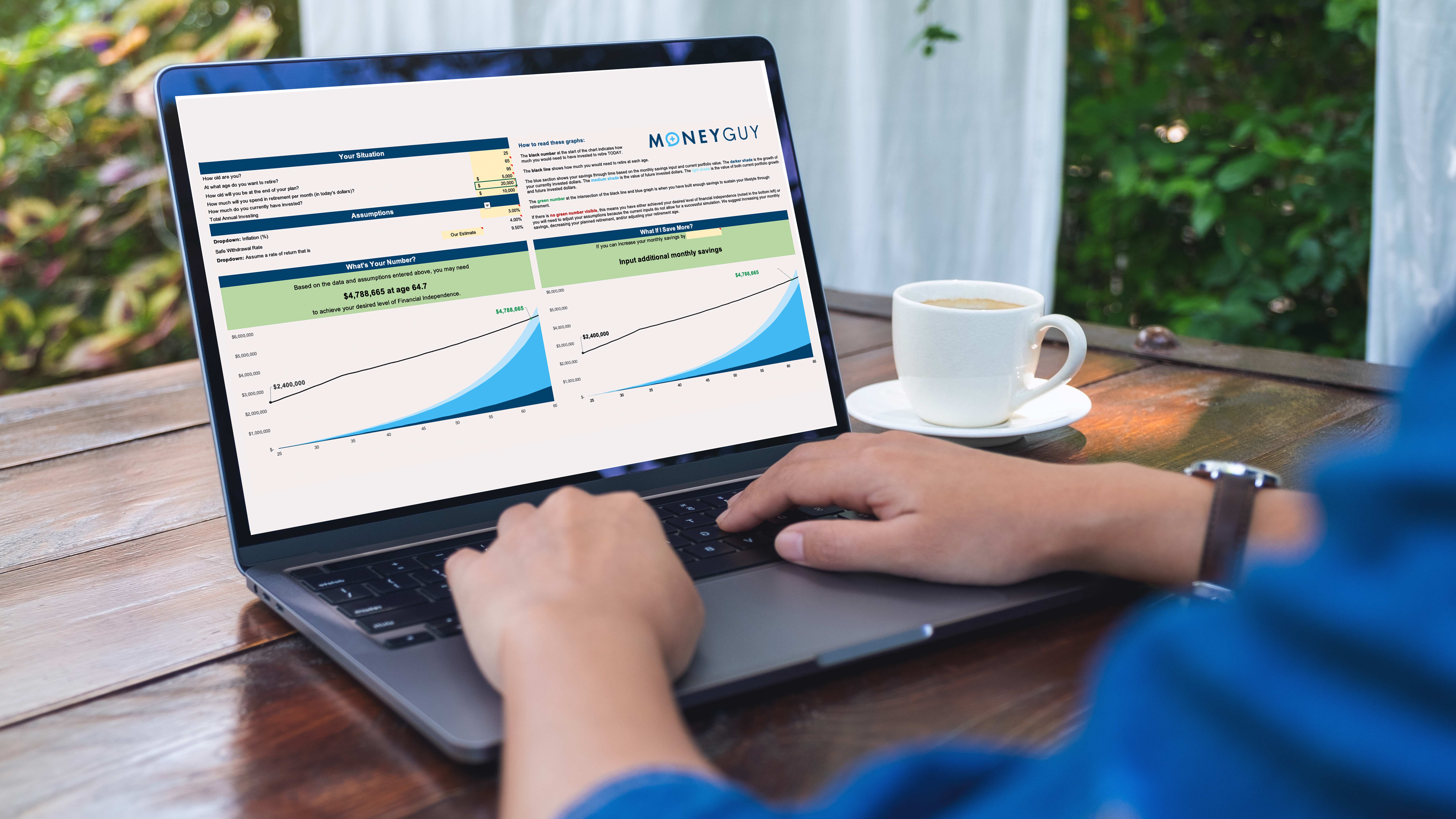
Change your life by
managing your money better.
Subscribe to our free weekly newsletter by entering your email address below.

Subscribe to our free weekly newsletter by entering your email address below.
Money-Guy 09-23-2009
So it has been about two weeks since our last show and, if you have listened to the most recent shows, you know that the reason for this temporary absence is because my wife and I have recently added a new member to the Preston family. Our new baby girl arrived healthy and happy and, other than the many sleepless nights, has been an absolute joy.
As I’ve been sitting awake and tending to the needs of an infant, my mind has had time to wander and think about an appropriate topic for this week’s show. Not only that, but I’ve also had time to do some in depth research on The Fair Tax podcast I promised you a few months ago.
Well through my wanderings and research, I kept coming back to all of the things that would change with the addition of this new child. I finally decided that it would be very appropriate, and convenient, to talk about considerations that need to be made when an individual goes through a significant life change.
Almost all of us at some point will go through a marriage, divorce, birth, death, or other life changing event that can have a very real and immediate impact on our financial lives. As you listen to the show I will cover some thoughts you may want to have as you encounter these life changing events. Some of these thoughts include:
As I alluded to above, I also had some time to begin my research on the very popular Fair Tax concept. After hundreds of pages of documents, numerous phone calls, a couple of books, and tons of websites, I finally realized that, in its current state, the Fair Tax is really more of a theory right now than an actual plan of action. There are so many moving parts that it is hard to do a true analysis of the credibility of this new tax system. However, I made some assumptions and constructed some spreadsheets that I think you will find compelling. What I determined, however, may not be what you were expecting and may not even be something you agree with. If that’s the case, then GREAT! Please leave comments here. I want to be very open and tell you that I don’t have this whole Fair Tax issue figured out, and I’m not sure if anyone does at this point. Even staunch proponents such as Neal Boortz have different views than that of the Fair Tax website.
If you have any insight or thoughts, please leave them here. I’m am very anxious to hear your perspectives and to gather your thoughts!


Financial Order of Operations®: Maximize Your Army of Dollar Bills!
Here are the 9 steps you’ve been waiting for Building wealth is simple when you know what to do and…
View Resource
Tax Guide 2023
Updated for 2023! Ever wonder what the highly trained professionals use to tax plan? Wonder no more! We’ve assembled the…
View Resource
Financial Order of Operations®: Maximize Your Army of Dollar Bills!
Here are the 9 steps you’ve been waiting for Building wealth is simple when you know what to do and…
View Resource
Is a High Yield Savings Account Still the Best Place to Keep an Emergency Fund?
Read MoreAre We Financial Misers for Investing 60% of Income in Your Mid-20s?
Read MoreIs Cash Now Trash Again? Federal Reserve Signals Intent to Lower Rates
Read More

How about more sense and more money?
Check for blindspots and shift into the financial fast-lane. Join a community of like minded Financial Mutants as we accelerate our wealth building process and have fun while doing it.




It's like finding some change in the couch cushions.
Watch or listen every week to learn and apply financial strategies to grow your wealth and live your best life.
Subscribe to our free weekly newsletter by entering your email address below.